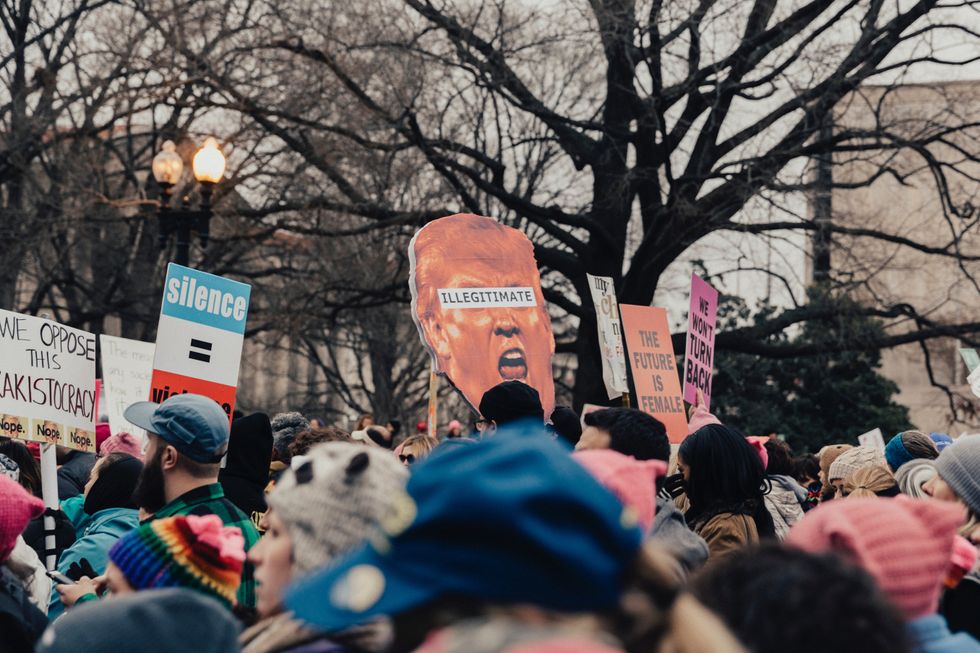Let me preface this by saying that I'm no one's poster child for youth political involvement. I'm a 19-year-old college student who is finally waking up to what an enormous responsibility it is to be an active participant in government.
There are some who grow up discussing the significance of legislature being passed or party affiliation over dinner, and then there those -like me- who didn't realize George W and George H. W. Bush were two different people until middle school. Regardless of your prior understanding, or lack thereof, of how American government works, what's important is that you make it a point to educate yourself and do your part to shape the future you want for your country.
Considering the events of the last three years in the United States, it's safe to say that strong political opinions have sparked a surge in activism. People took to the streets in protest after the results of the 2016 presidential election, there were nationwide demonstrations to push for more restriction on gun laws and the voter turnout for 2018 midterms was the highest it's been in 50 years.
The level of awareness and engagement that I'm seeing in my own generation attests to a larger political awakening. With the newfound consciousness of how important our voices are in shaping the nation, I feel that one aspect that we often overlook as we come into our political identities is the danger of party polarization.
Polarization is when stances and voting habits are strictly defined by the party you identify with. What I've come to understand in watching the way people react to political opinions different to theirs on the news, in media and everyday conversation is that party association is deeply in most Americans identities.
Someone's stance on immigration or abortion is less about their view on that particular issue and more about the way we perceive their entire character based on that view. People look at issues through a lens affected by years of social shaping dependent upon the circumstances of their life.
We have political parties to reflect the differences of opinion and channel similar ones. The trouble with party identification is that it creates an echo chamber, fooling us into thinking that our way is the right way, that everyone thinks the same way and it trains us to become biased listeners.
My advice for my young political activists is to learn how to discern biases in information and be aware of party polarization. We need action based on informed decisions. To be truly informed we have to be willing to hear and understand more than one viewpoint to make a positive change that benefits the lives of even those who think differently from us.



 StableDiffusion
StableDiffusion StableDiffusion
StableDiffusion StableDiffusion
StableDiffusion Photo by
Photo by  Photo by
Photo by  Photo by
Photo by 
 Photo by
Photo by  Photo by
Photo by  Photo by
Photo by  Photo by
Photo by  Photo by
Photo by 












